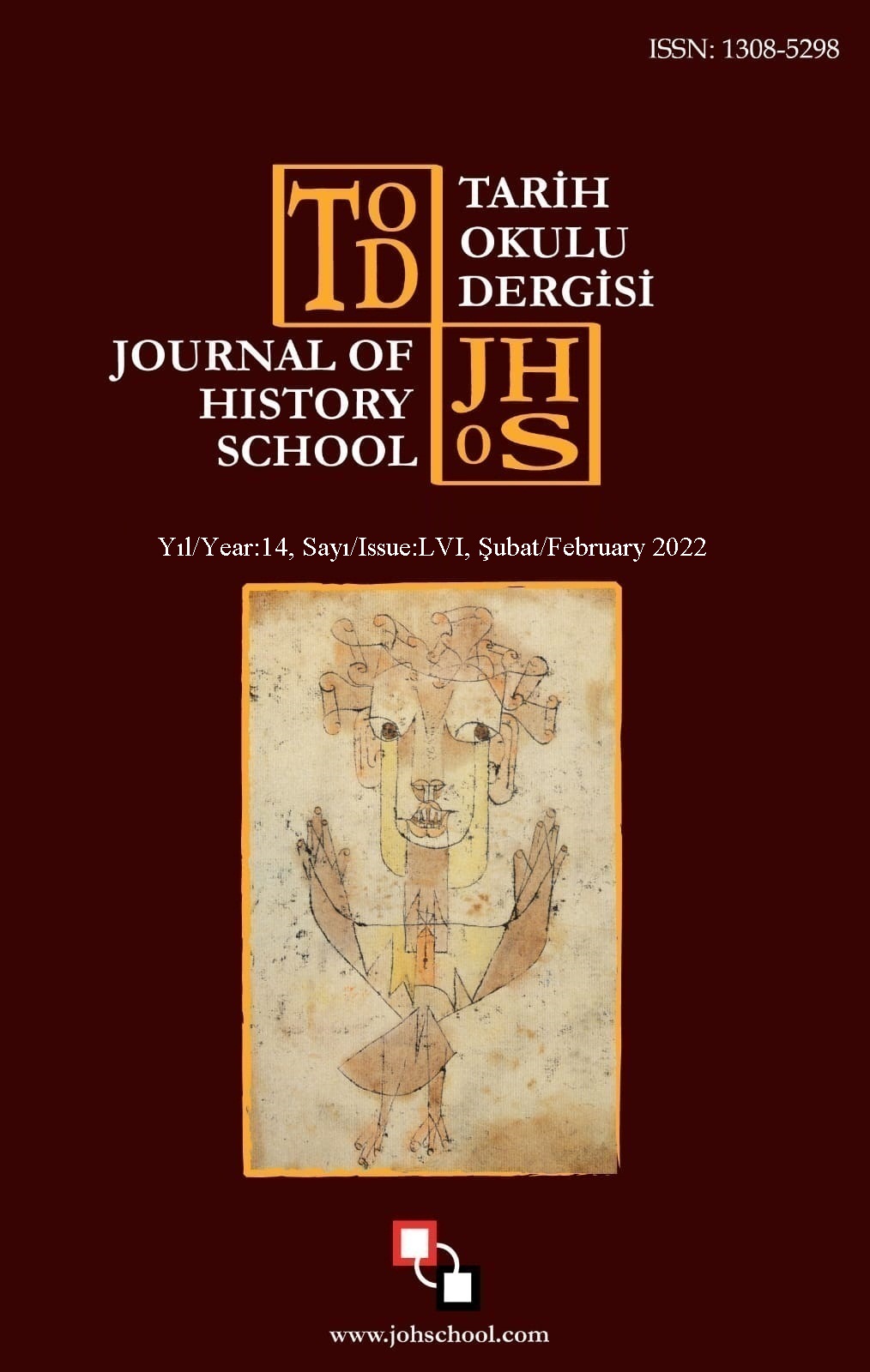Author :
Abstract
Derleme niteliğindeki bu çalışmada, yeni nesil internet teknolojilerinin sanal ve dijital uygulaması olan metaversenin eğitime yansımaları irdelenmiştir. Dokümanter analiz yöntemiyle yürütülen çalışmada veriler, bilimsel niteliğe sahip yazılı ve internet kaynaklarından elde edilerek, okunmuş, betimlenmiş ve yorumlanmıştır. Çalışmanın teorik çerçevesi, metaverse kavramının etimolojik ve kuramsal dayanakları, bu kavramın eğitim-teknoloji ilişkisi çerçevesinde ele alınması ve metaversal öğretimin olumlu ve olumsuz boyutlarının incelenmesiyle oluşturulmuştur. Bu incelemeler neticesinde, Bilgi Çağı eğitim paradigması olan teknoloji-yoğun öğretim anlayışını yansıtan metaversal öğretimin topyekün eğitim ve öğretimi dönüştürme potansiyeli değerlendirilmiştir. Şimdilerde öğretim süreci üzerine yoğunlaşan bu dönüştürme potansiyelinin, zamanla, sanal benlik üzerinden eğitimin ontolojik; dijital bilgi olgusu üzerinden epistemolojik dayanaklarına da nüfuz edeceği öngörülebilir. Öğretim sürecini zaman ve mekân kısıtlarından sıyıran ve oyun-eğitim simülasyonuyla Z kuşağının öğrenmesine uygun görünen metaversal öğretimin, okul ile sosyal meyda arasındaki gerilimi azaltma, düşünceye yeni ufuklar açma, öğretimin bireyselleştirilmesi ve eğitime erişimi artırma gibi birçok katkılarından söz edilebilir. Ancak bu katkıları yanında, metavresal öğretimin, sanal benlik, sanal algı, bedensizleştirme, çift kimlik ve temassız toplum gibi sonuçları kestirilemeyen olası çıktıları, tedirgin edicidir. Çalışmada son olarak, metaversal öğretimin sürdürülebilirliğin, bilimsel, teknolojik, pedagojik ve toplumsal kabul ve gelişmelere bağlı olacağı değerlendirilmiştir.
Keywords
Abstract
In this compilation study, the reflections of the metaverse, which is the virtual and digital application of new generation internet technologies, on education are examined. In the study carried out with the method of documentary analysis, the data were read, described and interpreted, obtained from scientific written and internet sources. The theoretical framework of the study has been formed by examining the etymological and theoretical foundations of the concept of metaverse, considering this concept within the framework of education-technology relationship, and examining the positive and negative dimensions of metaverse teaching. As a result of these examinations, the potential of metaversal teaching, which reflects the technology-intensive teaching approach, which is the Information Age education paradigm, to transform education and training as a whole, has been evaluated. This transformation potential, which is now focused on the teaching process, has over time, the ontological education through the virtual self; It can be predicted that it will also penetrate its epistemological bases through the phenomenon of digital information. It can be mentioned that metaversal teaching, which strips the teaching process from time and space constraints and seems suitable for the learning of the Z generation with the game-education simulation, has many contributions such as reducing the tension between school and social media, opening new horizons for thought, individualizing teaching and increasing access to education. However, besides these contributions, the unpredictable outcomes of metaphysical teaching such as virtual self, virtual perception, disembodiment, dual identity and contactless society are troubling. Finally, it has been evaluated that the sustainability of metaverse teaching will depend on scientific, technological, pedagogical and social acceptance and developments.





